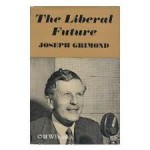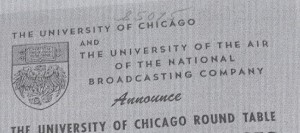OU courses through local colleges
Tuesday, June 28th, 2011 David Willetts, Minister of State for Universities and Science today presented a White Paper ‘Higher Education: students at the heart of the system’. The BBC reports that the Open University will offer courses through local further education colleges.
David Willetts, Minister of State for Universities and Science today presented a White Paper ‘Higher Education: students at the heart of the system’. The BBC reports that the Open University will offer courses through local further education colleges.
In his reading of the White Paper the OU’s Vice Chancellor Martion Bean noted the ‘numerous positive references’ to part-time study, distance learning and to The OU. He was also encouraged by the material on widening participation and noted that David Willetts said in the Commons that ‘we think that The Open University can be one of the main beneficiaries of the new flexibility with the 20,000 extra places.’
This idea of a network was mooted in the early 1960s when the OU was being planned. Jennie Lee, however, took the view that the OU should take the form that it did. She felt that it was only by being independent that it could hope to operate to the highest academic standards. Soon after it was opened the OU allowed modules to be presented at colleges in the USA. The 2011 White Paper seems to suggest that institutions, (possibly including further education colleges & private providers) which charge tuition fees of less than £7,500 can bid for 20,000 student places. Perhaps OU modules are to be sold to colleges? Who would validate the modules, be responsible for assessment and quality is not clear and the implications of a shift towards providing teaching materials for full-time and quite possibly face-to-face and young students have yet to be announced. The White Paper mentions the OU twice, once pointing out that it does ‘consistently well’ in thesurveyof student satisfaction (p37) the other time to suggest that there could be more bodies with a structuere such as that of the OU (p52). (more…)






